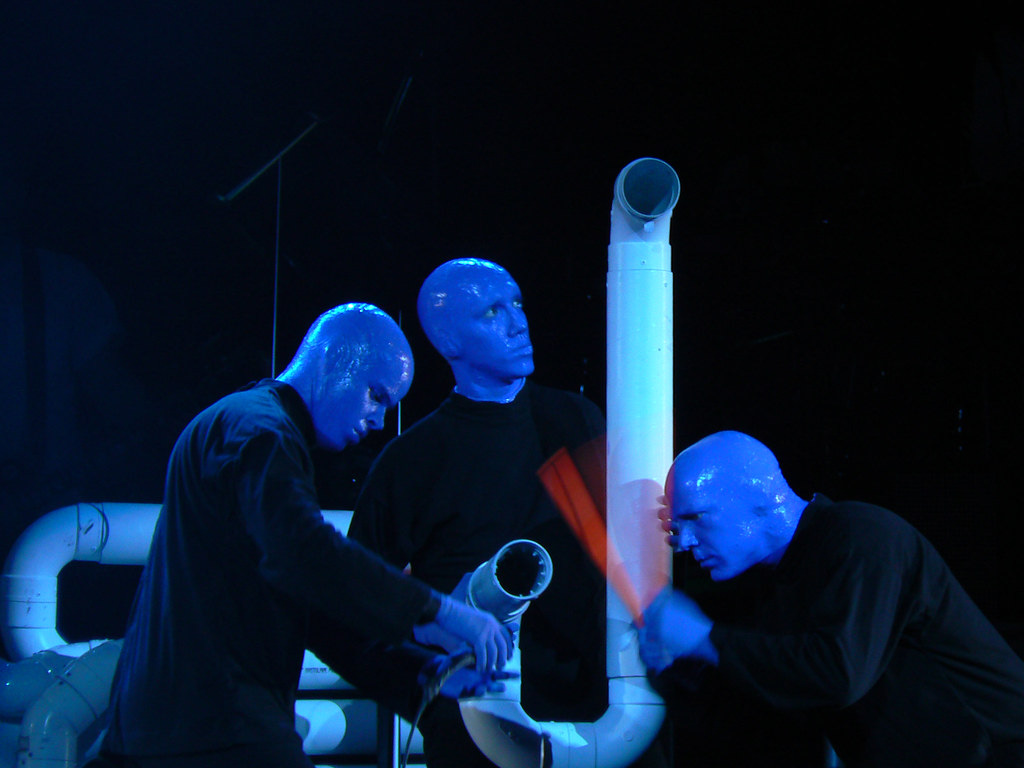"Collaboration" by yuan2003 is licensed under CC BY-NC 2.0
It would be impossible to do my job as an investigative journalist focusing on finance and business by myself. I need to collaborate with other news reporters with different specialities in order to do more insightful and deeper work; every word I write needs to be checked by tough editors in case my initial draft isn’t good enough; and I need access to a platform that adds value to my work by mixing it with other stories that have passed throught the same filter.
The need for teamwork and collaboration is a constant across many different fields of research. Jonathan Rauch - another journalist interested in philosophy - makes the point very well in his excellent 2021 book The Constitution of Knowledge. He stressed the importance of collective enquiry by what he calls the reality-based community. He also highlights the importance of institutions like universities to enable researchers to do good community-based work.
“The community’s interactions are structured and elaborate and amount to much more than just the sum of its individuals’ doings, and the essential enablers, connectors, and transmitters are institutions. Institutions propagate and enforce norms and rules, evaluate and certify credentials, set agendas and direct resources, enforce accountability, and train future generations to do all of those other things, and more. That is why, today, the institutions and norms of liberal science, not individuals, are the real targets of attack by nihilists and bullies.”
Steven Pinker - a scientist and public intellectual - makes a similar point in Rationality, another great book also published in 2021. He writes: “A major theme of this book is that none of us, thinking alone, is rational enough to consistently come to sound conclusions: rationality emerges from a community of reasoners who spot each other’s fallacies.”
A third excellent book published in 2021, which also considers similar issues, is The Scout Mindset, by rationalist blogger Julia Galef. She contrasts two different mindsets. Most of us engage in soldier mindset most of the time. We react badly to criticism of what we perceive as our side and then seek to defend our tribal truth. She contrasts this with the mindset of the scout, which is open-minded and skeptical. A scout’s only job is to report back on the reality on the ground. His or her emotions are unimportant.
All three books are worth adding to your Christmas wishlists if you want to dig deeper into critical thinking. Of course, Sharpen Your Axe covers similar ground for free. You can find a guide to all the material published so far on the blog here and the beta version of my free book here.
Sadly, reality-based research isn’t the only activity that thrives in communities. Dietrich Bonhoeffer was a German theologian, who was arrested and murdered by the Nazis for speaking out against the regime and allegedly being part of a plot to kill Adolf Hitler. While in prison, he wrote an essay called On Stupidity. I think it is normally misguided to claim our political opponents are stupid, but we can sympathize with his choice of language given his circumstances at the time.
Bonhoeffer argued that stupidity (what Galef would call soldier mindset) is a sociological problem rather than a psychological one. Stupid people often cleave to gurus, who seek power. “The power of the one needs the stupidity of the other.”
Although the theory of cognitive dissonance wouldn’t be developed until after Bonhoeffer’s death, he also noticed that partisans tend to double down on pre-existing views when contradicted. “Against stupidity we are defenseless; facts that contradict one’s prejudgment simply need not be believed, and when facts are irrefutable they are just pushed aside as inconsequential, as incidental. For that reason, greater caution is called for when dealing with a stupid person than with a malicious one.”
Bonhoeffer also wrote: “The fact that the stupid person is often stubborn must not blind us to the fact that he is not independent. In conversation with him, one virtually feels that one is dealing not at all with him as a person, but with slogans, catchwords, and the like that have taken possession of him. He is under a spell, blinded, misused, and abused in his very being. Having thus become a mindless tool, the stupid person will also be capable of any evil and at the same time incapable of seeing that it is evil.”
So, how can we tell whether our community is enabling deep research or blinding us with slogans and catchwords? I think communities and institutions that enable deep research are often obsessed with methodology and are particularly interested in how to over-come a poor starting position. They encourage us to think like scouts. By contrast, con artists, denialists and anti-globalists and their fans often want us to believe in a big, sweeping narrative that allegedly explains everything at once. True believers act as soldiers with orders to fire at will whenever someone brings an inconvenient fact to the table.
Given the importance of communities for research, I will enable the comments on this post as an experiment. Be good! If I see that dogmatic Catalan nationalists use the comments to start shrieking at people that only fascists believing in fact-checking their sacred narratives, the experiment will be a short-lived one! See you next week!
Sharpen Your Axe is a project to develop a community who want to think critically about the media, conspiracy theories and current affairs without getting conned by gurus selling fringe views. Please subscribe to get this content in your inbox every week. Shares on social media are appreciated! If this is the first post you have seen, I recommend starting with the first-anniversary post, which includes links to a free book.
[Updated on 10 March 2022] Opinions expressed on Substack and Twitter are those of Rupert Cocke as an individual and do not reflect the opinions or views of the organization where he works or its subsidiaries.



